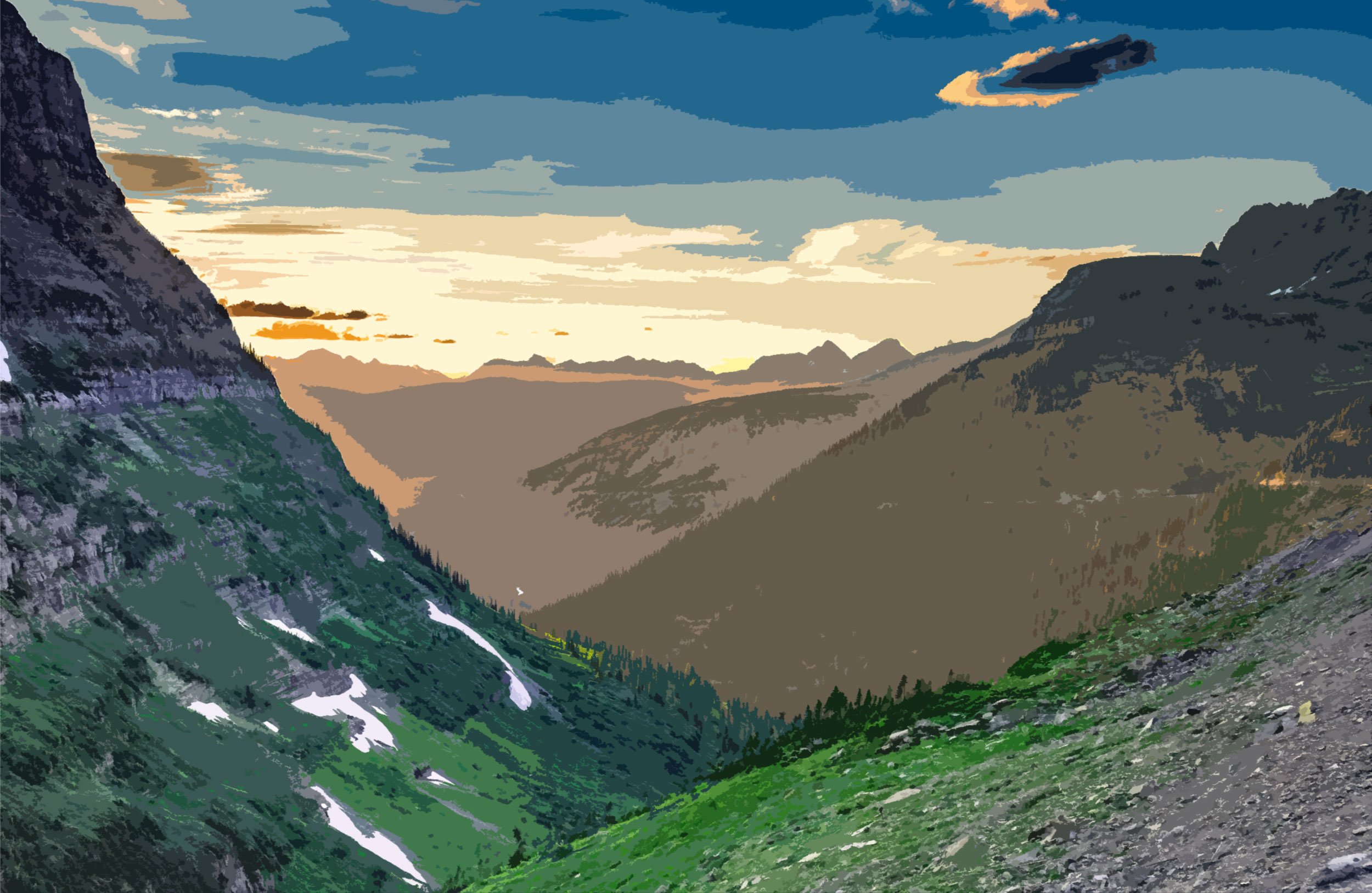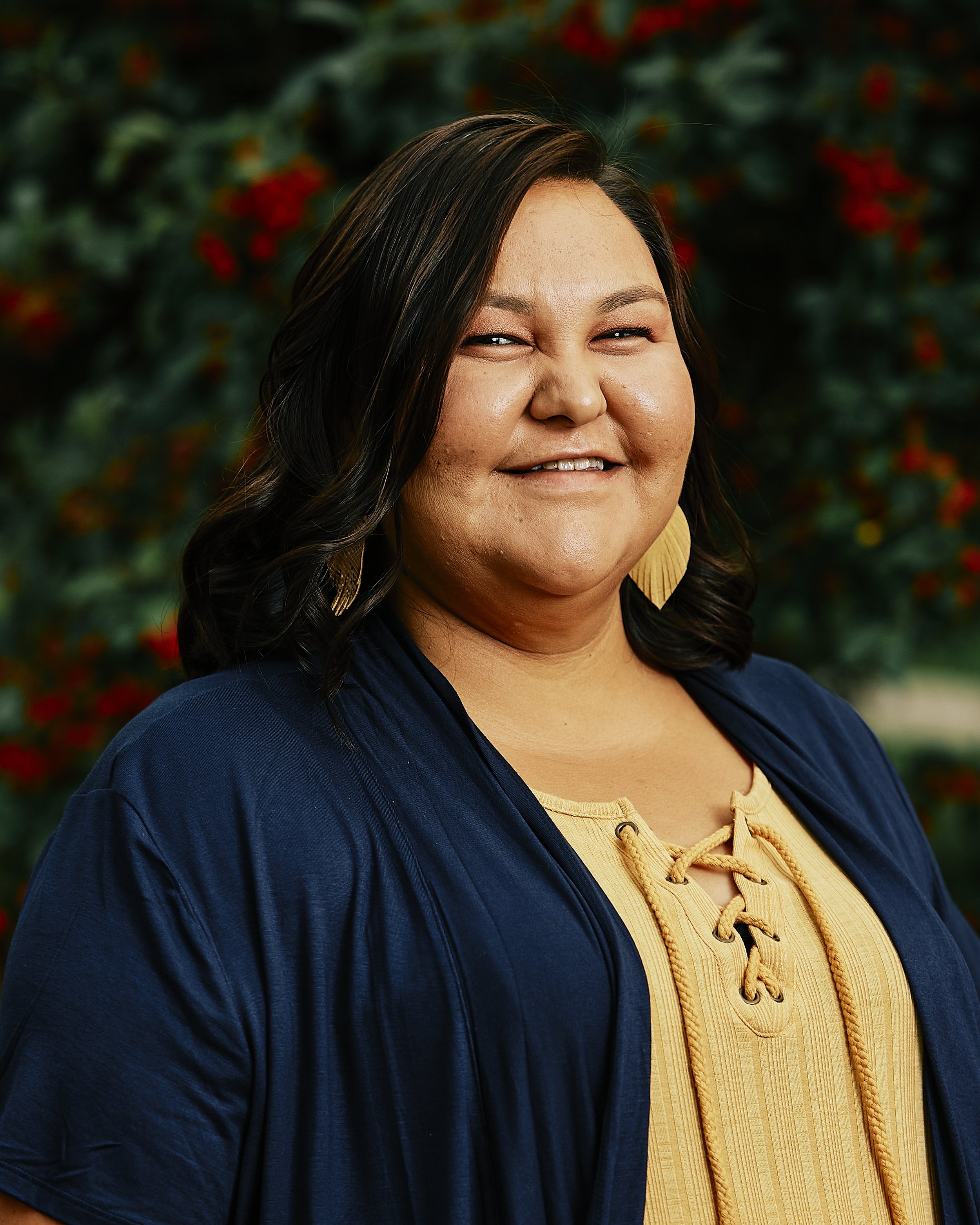
Speakers
The 2024 Maclean Festival invites authors to explore our central theme
Finding Our Place in Nature: The Power of Story
Bill McKibben
Author of The End of Nature
Bill McKibben is an environmental author whose 1989 book, The End of Nature, is regarded as the first book for a general audience about climate change. He’s gone on to write 20 books, and his work appears regularly in periodicals from the New Yorker to Rolling Stone. He serves as the Schumann Distinguished Scholar in Environmental Studies at Middlebury College.
McKibben helped found 350.org, the first global grassroots climate campaign, which has organized protests on every continent for climate action. Most recently, he is the founder of Third Act, which organizes people over the age of 60 for action on climate and justice.
McKibben will introduce the theme of the festival: Finding Our Place in Nature: The Power of Story.
Marcelo Gleiser
Author of The Dawn of a Mindful Universe
Marcelo Gleiser is a theoretical physicist at Dartmouth College whose new book, The Dawn of a Mindful Universe, is an urgent call for a new Enlightenment and the recognition of the preciousness of life using reason and curiosity — the foundations of science — to study, nurture, and ultimately preserve humanity as we face the existential crisis of climate change. His work is a a passionate appeal for “biocentric values that reflect our spiritual re-connection with the Earth.”
Gleiser will ask festival goers to embrace a new life-centric perspective, one which recognizes just how rare and precious life is and why it should be our mission to preserve and nurture it.
Rosalyn LaPier
Author of Invisible Reality: Storytellers, Storytakers and the Supernatural World of the Blackfeet
Rosalyn LaPier is an award-winning indigenous writer and ethnobotanist who works within indigenous communities to revitalize traditional ecological knowledge (TEK), address the growing climate crisis and promote environmental justice. LaPier is currently a professor at University of Illinois and appears in the recent Ken Burns PBS documentary, The American Buffalo.
Lapier will address the overwhelming need for a renewed respect for and application of indigenous knowledge to restore the natural world.
Gretel Ehrlich
Gretel Ehrlich is one of the most admired observers of the natural world and has spent her life in the American West as well circumpolar travel in the high Arctic. She is the author of eleven books of nonfiction including Unsolaced, The Solace of Open Spaces, Facing the Wave, In the Empire of Ice, The Future of Ice, This Cold Heaven, John Muir, Nature’s Visionary, Cowboy Island, Questions of Heaven, A Match to the Heart, and Islands, the Universe, Home.
Ehrlich’s books have received the PEN West Award for Nonfiction, the PEN New England Henry David Thoreau Award for Nature Writing, the American Academy of Arts and Letters Award for Distinguished Prose, and a Whiting Award.
Ehrlich will be contributing to the panel discussion on the work of Barry Lopez.
Rick Bass
Rick Bass, the author of more than 30 books, won the Story Prize for his collection For a Little While and was a finalist for the National Book Critics Circle Award for his memoir Why I Came West. His most recent book is a collection of essays titled With Every Great Breath (2024). His work, which has appeared in The New Yorker, The Atlantic, Esquire, and The Paris Review, among many other publications, and has been anthologized numerous times in The Best American Short Stories, has also won multiple O. Henry Awards and Pushcart Prizes, as well as NEA and Guggenheim fellowships. Bass lives in Montana’s Yaak Valley, where he is executive director of the Yaak Valley Forest Council, and co-founder of The Montana Project, which is co-hosting with the Maclean Festival an evening event at The Wilma Saturday, at 7:30 p.m. on Sept. 28, The Montana Project Presents: A Celebration of the Black Ram Guitar, with James McMurtry and Friends, blackramguitarfest.org. The evening will be filmed for a documentary about the campaign to save the Yaak Valley’s imperiled Black Ram inland rain forest, and to designate it as the nation’s first Climate Refuge.
Bass will be contributing to the panel discussion on the work of Barry Lopez.
Kurt Caswell
Kurt Caswell is the author of five books of nonfiction, most recently, Iceland Summer: Travels Along the Ring Road, with 35 full-color illustrations by artist Julia Oldham. Winner of a Foreword Indie Silver Medal for science writing, Laika’s Window: The Legacy of a Soviet Space Dog, tells the story of the first animal to orbit the Earth, the Soviet space dog Laika, who flew on Sputnik II in 1957. He is co-editor with James Perrin Warren of Going to See: 30 Writers on Nature, Inspiration, and the World of Barry Lopez. Caswell’s essays, stories and reviews have appeared in American Literary Review, Los Angeles Review of Books, Ninth Letter, Orion, Prairie Schooner, River Teeth, Terrain.org, and other publications. He is professor in the Honors College at Texas Tech University, where he teaches writing, literature, and an intensive study abroad course on the Camino de Santiago in Spain.
Caswell will be moderating the author panel on the work of Barry Lopez.
Mari Margil
Mari Margil is Executive Director of the Center for Democratic and Environmental Rights where she leads the international rights of nature work. Margil received her Master’s degree from Harvard University’s John F. Kennedy School of Government, and is a co-author of Exploring Wild Law: The Philosophy of Earth Jurisprudence and Bearing Witness: The Human Rights Case Against Fracking and Climate Change. Her writing has also been featured in publications including The Guardian, World Policy Journal, and Common Dreams, and her work has been featured in the New York Times, The New Yorker, and elsewhere.
Margil will address the growing strategy called the Legal Rights of Nature, a legal instrument that enables nature, wholly or partly (ecosystems or species) to have inherent rights and legally should have the same protection as people and corporations.
Video of Mari Margil in person at Bioneers Convention
Video of remote speech from Mari Margil at Australian conference
Photo Credit: Hardy Wilson
The Youth Plaintiffs of Held vs. State of Montana
The Festival will highlight the testimony of Lander Busse, one of the 16 young plaintiffs who in August 2023, won the historical climate change case, Held v. State of Montana, declaring that the state of Montana violated the youth’s constitutional rights, which are all predicated on their right to a clean and healthful environment. The court invalidated as unconstitutional and enjoined Montana laws that promoted fossil fuels and required turning a blind eye to climate change. Attorney Roger Sullivan will update us on recent rulings and will describe how their campaign is continuing to bring justice to the natural world.
Liz Carlisle
Author of Healing Grounds: Climate Justice and the Deep Roots of Regenerative Agriculture
Liz Carlisle is an Associate Professor in the Environmental Studies Program at UC Santa Barbara, where she teaches courses on food and farming. Born and raised in Montana, she got hooked on agriculture while working as an aide to organic farmer and U.S. Senator Jon Tester, which led to a decade of research and writing collaborations with farmers in her home state. She has written three books about regenerative farming and agroecology.
Liz Carlisle will describe a powerful regenerative movement happening in farming today. Carlisle is joined by Latrice Tatsey and Nikiko Masumoto, who are profiled in Healing Grounds.
Latrice Tatsey
Latrice Tatsey serves as Soils Scientist, Cultural Science Lead, and Intern Supervisor for the regenerative grazing initiative at Piikani Lodge Health Institute on the Blackfeet Nation. She was raised on her family’s ranch on Badger Creek, Blackfeet Nation, and her family raises beef cattle. Latrice relies on the knowledge taught by her father, uncles, and grandmother about the traditional/historical uses of their land. She also holds a master’s degree from the department of Land Resources and Environmental Science at Montana State University, where her research partnered with local beef cattle producers and the Blackfeet Nation bison herd to further understanding of how cattle and bison influence soil health.
Nikiko Masumoto
Nikiko Masumoto (she/her) is an organic farmer, memory keeper, and artist. She is Yonsei, a fourth generation Japanese American, and gets to touch the same soil her great-grandparents worked in California where Masumoto Family Farm grows organic nectarines, apricots, peaches and grapes for raisins. Her most cherished value is courage and most important practice is listening.
John Potter
Artist John Potter was raised in two vastly different worlds: the Chicago area, and the Lac du Flambeau Ojibwe Reservation in northern Wisconsin, where he grew up with a deep love for the forests and lakes of his home, as well as the stories and lifeways of his Ojibwe Elders. He eventually went on to receive degrees in Illustration and Painting from Utah State University, and has been making his living as an artist for over 40 years. Potter's recent painting of the release of a small herd of around 40 bison into their Blackfeet homeland in July, 2023 is the signature image of the Festival.
Debra Gwartney
Debra Gwartney is the author of two book-length memoirs, Live Through This, a finalist for the National Book Critics Circle Award, and I Am a Stranger Here Myself, winner of the River Teeth Nonfiction Prize and the Willa Award for Nonfiction. Debra has published in such journals as Granta, The Sun, Tin House, American Scholar, Creative Nonfiction, the NYT Modern Love column, and others. She is the recipient of two Pushcart Prizes, and twice had essays selected for Best American Essays. She is co-editor, with her late husband Barry Lopez, of Home Ground: Language for an American Landscape, and she lives in Western Oregon.
Debra's participation in the panel discussion on Barry Lopez will add a very person insight to the work of her late husband and frequent collaborator.












